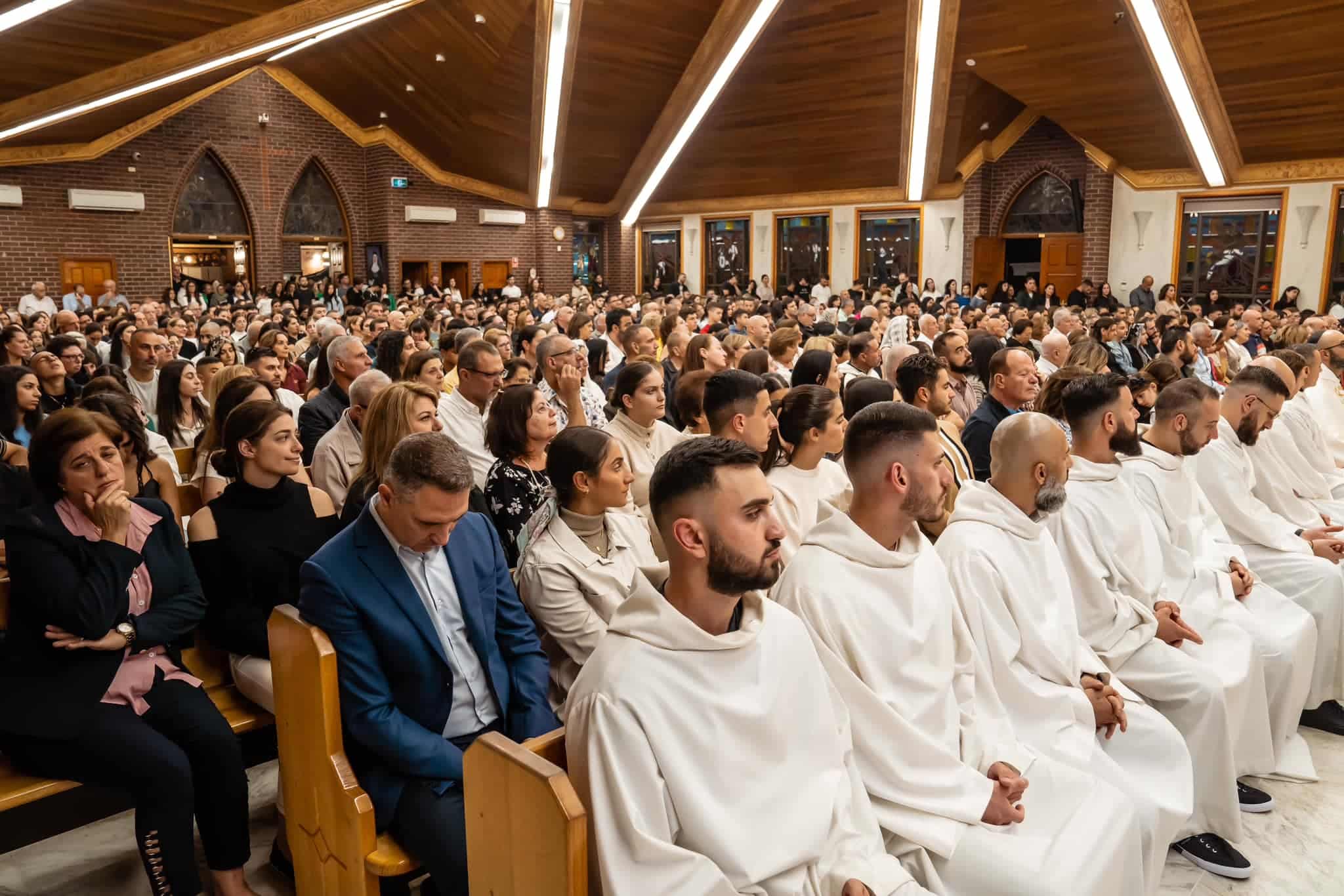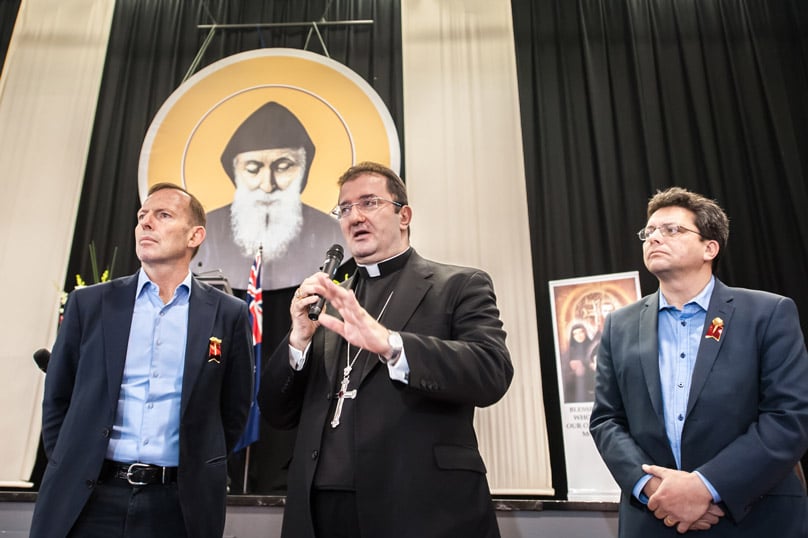
You mentioned in an earlier article that the Maronites in Sydney have welcomed replicas of the tomb and the body of St Charbel. I am not familiar with the Maronites. I presume they are Catholics but exactly who are they?
In simple terms, the Maronites are Catholic faithful of the Maronite Rite, one of the 21 Eastern rites in the church. They take their name from St Maroun, a Syriac Christian hermit who lived near Antioch, in Syria, and died in 410AD. The first Maronites were his followers, drawn to him by his great holiness.
The origin of the Maronites as a distinct Eastern rite came following the Council of Chalcedon in 451, which declared that the one person of Jesus Christ has two natures, divine and human. The Syriac, Alexandrian and Armenian Churches rejected that declaration and broke away from the Catholic Church. The followers of St Maroun, who remained loyal to the Catholic Church under the pope, then became known as Maronites. They follow the Antiochian religious tradition, along with faithful of the Syrian and Syro-Malankara Rites, and they use Aramaic, the language spoken by Jesus, in some parts of their liturgy, including the consecration.
The Maronites are the only Eastern rite which has always been part of the Catholic Church. The others are faithful of what were once Orthodox Churches, separated from Rome, but who later returned to full union with the church.
The Maronites later migrated from Syria to the area of Mt Lebanon, where paganism persisted. In the early fifth century, St Maroun sent Abraham of Cyrrhus, often referred to as the Apostle of Lebanon, to convert the pagans. With the conversion of many of them, they changed the name of the Adonis River to the Abraham River.
St Maroun is the patron saint of the Maronites, the only rite that bears the name of its founder. Maronites are known for their great love for the Blessed Virgin Mary, their strong commitment to the faith and their unwavering loyalty to the Holy See. They have their own Patriarch, who oversees the faithful of the rite around the world.

The Maronites have had a troubled history. As early as 517, some schismatic Christians, followers of those who left the church after the Council of Chalcedon, massacred some 350 Maronite monks. With the Muslim conquest of the region in 637, the Maronites were able to escape persecution and retain their independence around Mount Lebanon and some parts of the Mediterranean coast. In 685, they appointed St John Maroun their first Patriarch, but this made the Byzantine Emperor furious, leading to persecution of the Maronites by the Byzantines.
In 694, Emperor Justinian II sent an army to attack the Maronites, destroying their monastery in the Orontes valley and killing 500 monks. The Maronites retaliated and defeated the Byzantines at Amioun, killing two of their best generals. In 936, Arab Muslims destroyed several Maronite monasteries, attacking them on religious grounds. As is to be expected, the Maronites welcomed the Christians who arrived in the first crusade in 1096. The Maronites continued to grow in number and late in the 12th century there were some 40,000.
The 1860 Mount Lebanon civil war between the Druze and Maronite Catholics resulted in the death of thousands of Maronites, while another 4,000 died from hunger and disease as a result of the war.
Famine during World War I killed an estimated one third to one half of the population, and the Lebanese Civil War between 1975 and 1990, saw the exodus of many Maronites from Lebanon to other parts of the world, especially the Americas.
At present, there are over 160,000 Maronite Catholics in Australia. They are very fervent in the practice of their faith, with some 50 per cent attending Mass every Sunday.
